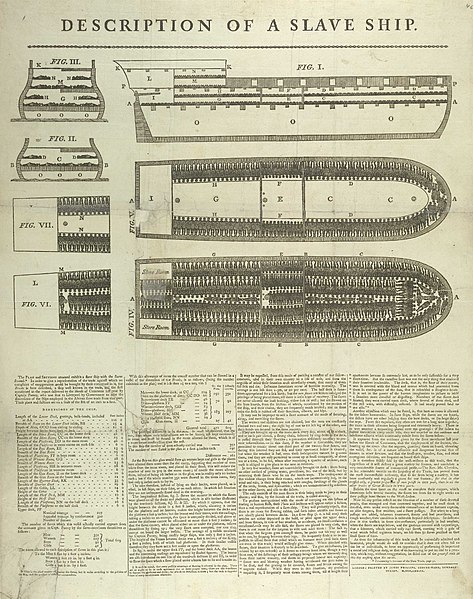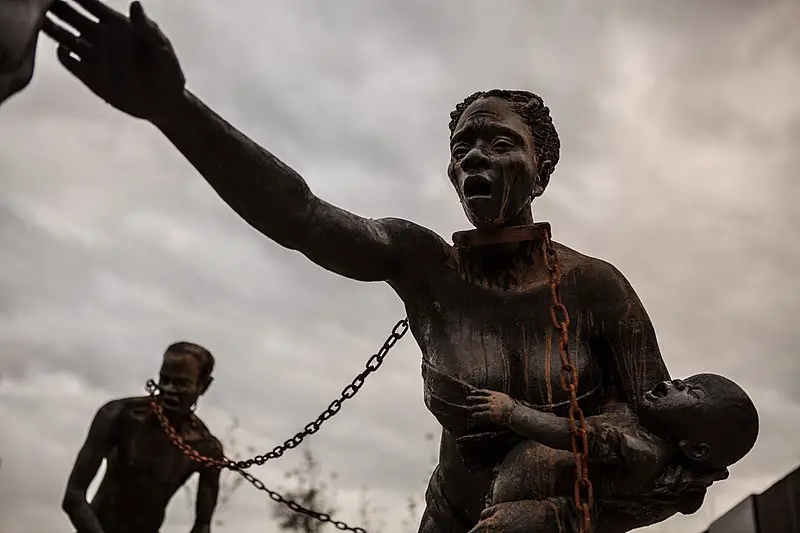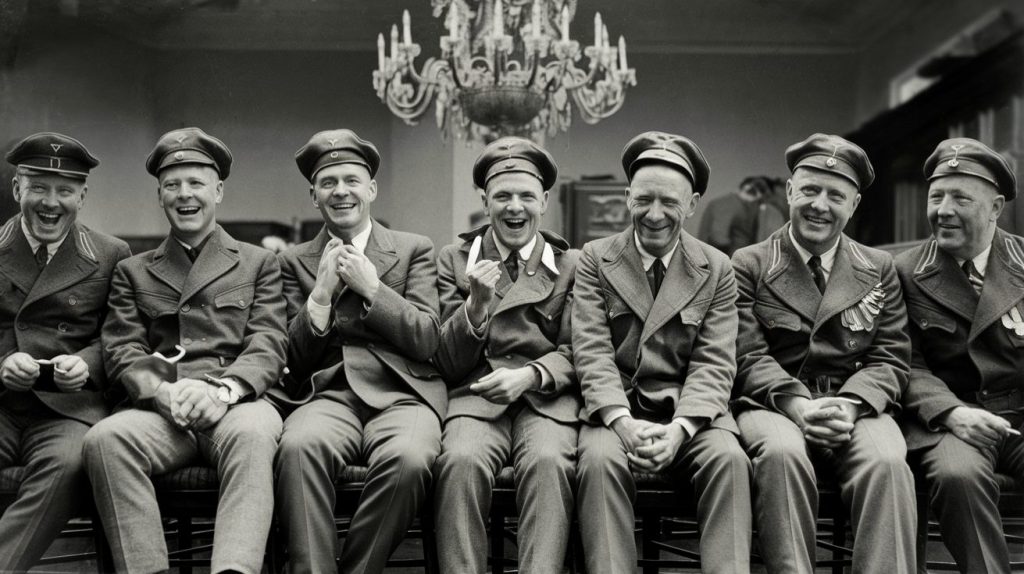 mazing Grace is one of the most popular and widespread Christian hymns, which has found a special place in the Hollywood representation of African slavery in America and became a symbol of black redemption from historical racial injustice. The irony of Hollywood and art in general, however, is that its symbols cannot be taken for granted and that there are cases like this where the representation is exactly the opposite of what is being represented.
mazing Grace is one of the most popular and widespread Christian hymns, which has found a special place in the Hollywood representation of African slavery in America and became a symbol of black redemption from historical racial injustice. The irony of Hollywood and art in general, however, is that its symbols cannot be taken for granted and that there are cases like this where the representation is exactly the opposite of what is being represented.
Amazing grace how sweet the sound
That saved a wretch like me
I once was lost, but now I’m found
Was blind but now I see
A tortured psychological state caused by the experience of slavery can certainly be called misery, but it is not the kind of misery depicted in Amazing Grace, where individual guilt, responsibility, and free will are inscribed. Since we know that being a slave is the opposite of personal responsibility and free will, there can be no question of guilt since it is a consequence of free action.
But the racist, abusive and repressive nature of human society knows how to impose responsibility on those it rules, and so it was part of the ancient algorithm to inject the feeling of gratitude into oppressed groups when they were freed from oppression. And if to no one else, they should at least be grateful to the imaginary Christian God for finally giving them the right to live as human beings and not as property. Here, too, responsibility was once again taken away from the oppressed.
The true revolution of the united group spirit is really still far away. And if we ever become united, just, and benevolent, do you think we will be grateful to anything outside our inner powers?
So, who’s bestowed with grace in Amazing Grace?
Hollywood was right about only one thing: Amazing Grace is about slavery, but not from the perspective of the slave, which would be just another perverse injustice, but from the perspective of the slaveholder. The slave trader, the enslaver, and the slave owner were blind and knew no fear.
‘Twas grace that taught my heart to fear
And grace my fears relieved
How precious did that grace appear
The hour I first believed
Let’s translate the text as speaking from the perspective of the slave to show what wrong representation can do to culturally conditioned Western generations who’re prime targets of popular high-budget Hollywood entertainment that has made Amazing Grace part of our personal prayers and shaped our humanity based on racial prejudice to justify the Western cultural guilt.
It was the slave traders and slave owners who put the fear of being enslaved into my people and me
And their politicians and abolitionists rightly exonerated my fears of being legally enslaved
How far out the white slaveholders seemed
The moment I recognized their enslaving attention
Let’s now analyze the text from the point of view of the author, a British captain of several slave-trading ships and a direct slave trader who spent months with enslaved Africans on the transatlantic voyage to America.
It was a violent sea storm that killed half my crew and made my stony heart fear for its safety, and I, an atheist, prayed to God for the first time in my long, ignominious life
And it worked! Somehow the ship jumped so that we could sail, and the storm stopped, and we were safe, and I think it was because I’d prayed
How thrilled I was when my ship survived the storm
I decided to change my life completely, marry Mary, leave the sea and all the dirty business, and get to know God by studying the Bible, and maybe I could even become one of those priests Mother didn’t like and help the people
John Newton, the author of Amazing Grace, was a white Briton who made money and gold by enslaving his own kind. After years of participating in the worst misery one human being can inflict on another, he somehow, by the grace of God, realized his wrong and repented by turning to an Anglican priest and later writing a non-African Christian hymn to celebrate his newfound humanity.

The author’s attention is always present in the artwork
The second version, based on Newton’s experience when he was enslaved by an African queen for three years before a rescue expedition financed by his father, also a captain, found him would read like this:
It was the African queen who enslaved me for three terrible years and instilled in me the fear of losing my freedom and humanity
And it was her business partners, my father’s expedition, who finally freed me from my fear of remaining enslaved
How distant was her exotic beauty
The moment I saw her brutality and lack of humanity
That experience showed me what enslavement really is, and I felt compassion for all the misery my slaves had to go through on my ships
Another indication that reveals beyond doubt the true identity of the subject of the song is its relationship with faith, which clearly points to a skeptical individual who did not believe until he was forced to believe, which is a Western religious paradigm and not African, for Africans are known to be born believers and have no intellectual cultural problems with their faith or religion.
That is also one of the reasons why the Europeans were so successful in keeping them as slaves because they could tell them any supernatural story and Africans would believe it because that is how they were taught and brought up and Europeans used it against them.
So when the song says, “How precious did that grace appear /The hour I first believed”, we know that it is not an African slave behind it, because Africans have not lost their spiritual connection (to this day), unlike the skeptical and cynical Europeans who forcibly converted them to Christianity as part of their colonization policy and made them believe that God was waiting for them in the distant, foreign land to which they were violently taken against their free will.
But if they do what they (the representatives of their god) tell them, and obey, their god (represented by them) will release them. Wicked discourse.
What lies behind the words
Apart from being cynical and skeptical, Europeans also love to make everything look equal and equivalent, thus shifting the responsibility onto the other. This is the psychology of the violator.
Since we know that Africans also enslaved each other in tribal wars to some degree and collaborated with armed Arab and European slave traders and that literarily there was no civilization on Earth without slaves, we also know that torturing and depriving another human being is a universal human experience and so we should all sing along and feel guilty for being trapped in misery.
Amazing grace how sweet the sound
That saved a wretch like me
I once was lost, but now I’m found
Was blind but now I see
Let’s return to Hollywood one last time and imagine how African Americans would be perceived if we saw former slaveholders crying to the moon on the empty porch to the strains of Amazing Grace, repenting for their crimes against humanity. And what do they teach us instead? Black people are lost, fearless, blind wrecks who need an act of supernatural mercy to become loving, dignified, free people.
In a time of great changes, it is time to change everything about our perception and to question what we are really saying when we repeat things we have heard everywhere.

Writer and director who thinks different and does everything differently. Art enthusiast. Wandering and wondering. Until the end of meaning.






